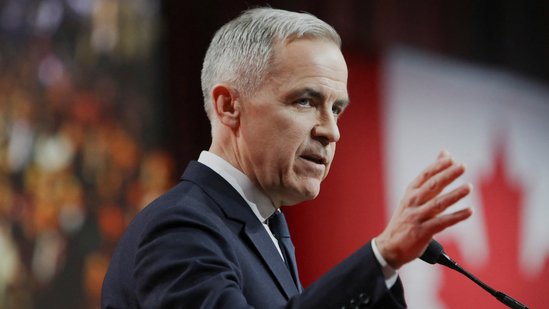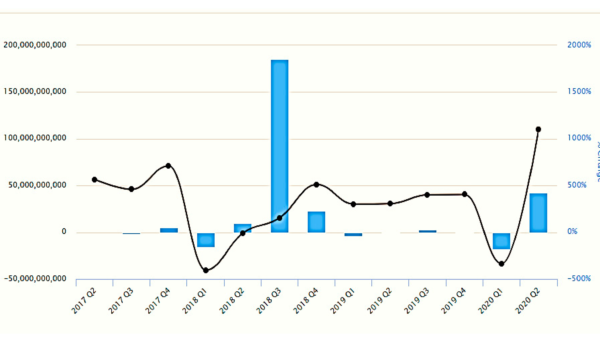Rising Financial Anxiety Among High Earners
The recent survey conducted by the Federal Reserve Bank of Philadelphia reveals a surprising trend: even Americans with six-figure salaries are increasingly experiencing financial anxiety. Approximately one in three individuals making $100,000 or more expressed concerns about their ability to pay bills, signaling a significant shift in financial stability among high earners. This growing anxiety is not occurring in isolation but is influenced by a confluence of broader economic factors.
Inflation is a primary driver of this financial unease. Over the past year, inflation rates have surged, eroding purchasing power and increasing the cost of everyday necessities. High earners, despite their substantial incomes, are not immune to these pressures. Housing costs, healthcare expenses, and education fees have all seen notable increases, further straining household budgets. The cumulative effect of these rising costs is making it increasingly difficult for many to maintain their accustomed standard of living.
Moreover, economic uncertainty continues to cast a long shadow over financial security. Market volatility, potential job market fluctuations, and geopolitical tensions contribute to an environment where financial planning becomes more complex and fraught with risk. High-income individuals, who might traditionally feel more insulated from economic shifts, are finding that their financial well-being is more precarious than in previous years.
When comparing current survey data to previous years, the uptick in financial anxiety among high earners is stark. A year ago, fewer than one in five high-income individuals reported similar concerns about their financial future. The sharp increase in financial stress underscores the impact of economic dynamics that have intensified over the past year. Despite their higher earnings, these individuals are grappling with the same financial pressures that affect broader segments of the population, highlighting a pervasive and growing issue within the current economic landscape.
Coping Mechanisms: How High Earners Are Adjusting Their Spending
Despite their substantial incomes, high earners in America are increasingly finding it necessary to adopt various coping mechanisms to manage their financial stress. One notable adjustment is the significant reduction in discretionary spending, particularly in areas that were once considered staples of their lifestyle. For instance, many affluent individuals are dining out less frequently, opting instead to cook at home. This shift not only helps in cutting down expenses but also contributes to a more controlled and healthier diet.
Entertainment expenses are another area where high earners are making considerable cuts. Subscriptions to multiple streaming services, frequent outings to theaters, concerts, and other events are being re-evaluated and often reduced. This trend reflects a broader move towards more cost-effective and sometimes home-based entertainment options, such as movie nights with family and friends.
Moreover, there is a growing tendency among wealthier Americans to delay major purchases and vacations. The uncertainty of the current economic landscape has made high earners wary of making large financial commitments. This cautious approach extends to luxury items, home renovations, and even the acquisition of properties. By postponing these expenditures, they aim to ensure that their financial reserves remain robust in the face of potential economic downturns.
The psychological and social impacts of these spending adjustments are profound. The lifestyle changes can lead to a sense of loss or diminished social status, as activities that once symbolized success and affluence are now considered extravagant. This shift can affect mental well-being, causing increased stress and anxiety. However, it also fosters a sense of resilience and adaptability, qualities that are crucial in navigating financial uncertainties.
From a long-term perspective, these coping mechanisms raise questions about sustainability. Financial experts suggest that while these strategies are effective in the short term, they should be complemented by more robust financial planning. This includes creating a detailed budget, building an emergency fund, and investing wisely. Such measures can help high earners maintain their financial health and mitigate the adverse effects of economic fluctuations.
































